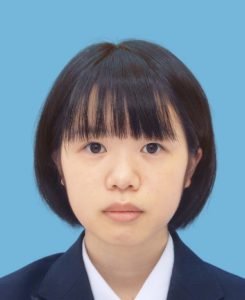
Hagimori Keito
Meiji Gakuin University
Japan
Host Institution: Wenzao Ursuline University of Languages, Taiwan
Spring 2023
From February to June 2023, I had an experience of a lifetime as an exchange student at Wenzao Ursuline University of Languages in Kaohsiung, Taiwan. While studying abroad, I learned about Southeast Asian culture and history and studied the Chinese language. We studied the characteristics of Southeast Asian countries, their foreign policy, and their history with the EU, the U.S., and China.
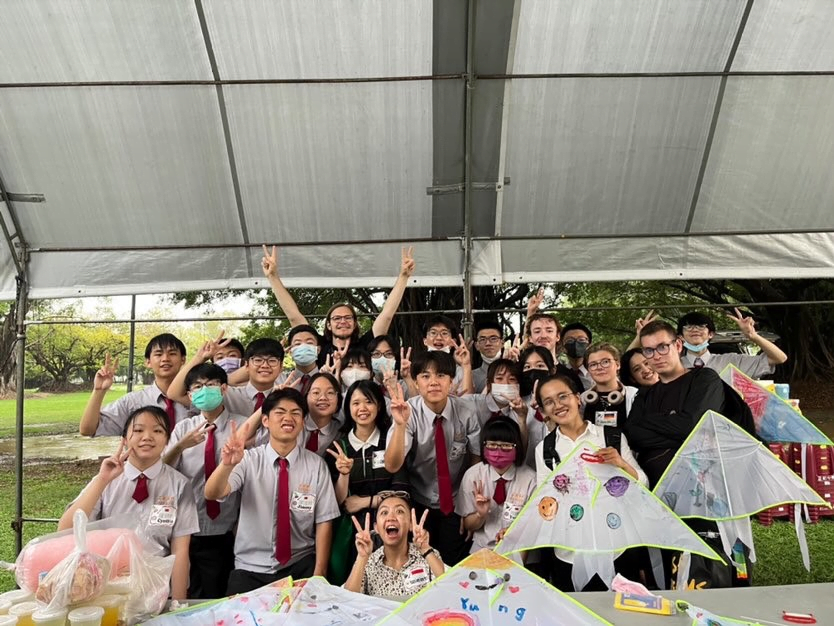
Unlike many that I heard of, I didn’t have much of a hard time during the program but if I had to say, the food was a little difficult. The food was generally greasy, with a lot of fried foods and dishes cooked in a lot of oil. The university dormitory where I lived did not have a kitchen, so I ate every meal outside. However, I am still thankful that the food at the street stalls was very cheap and tasty. Dumplings were especially my favorite.
As I stayed in Taiwan, a characteristic exhibited by people living there, both residents and foreigners, that surprised me is that they expressed their thoughts and did what they wanted to do without worrying about what others around them thought. For example, there were quite a few unusual sights in Taiwan that are common in Japan, such as people making regular phone calls on the train or going out in very comfortable clothing. When I was in Japan, I felt a lot of peer pressure to be the same as everyone else, but I learned that I don’t have to do so.
Furthermore, Taiwan has more religious believers than Japan, and there were festivals at temples every weekend. The ornaments and temples are quite splendid, showing the strength of people’s religious beliefs. In addition, although there are some differences from Japan in food, clothing, politics, religion, etc., in general, Taiwan is more tolerant than Japan and accepts anything that is good, which I thought was wonderful. Taiwanese and other international students from other countries spoke very good English, and I was embarrassed because I could not speak English or Chinese properly. I even hated going to class sometimes. However, the international students around me were very supportive and kind thus, they listened and tried to understand me despite the language barrier, and I was able to successfully earn all my credits because of them. Of course, I worked hard on my own to learn the language, but the cooperation of those around me was empowering.
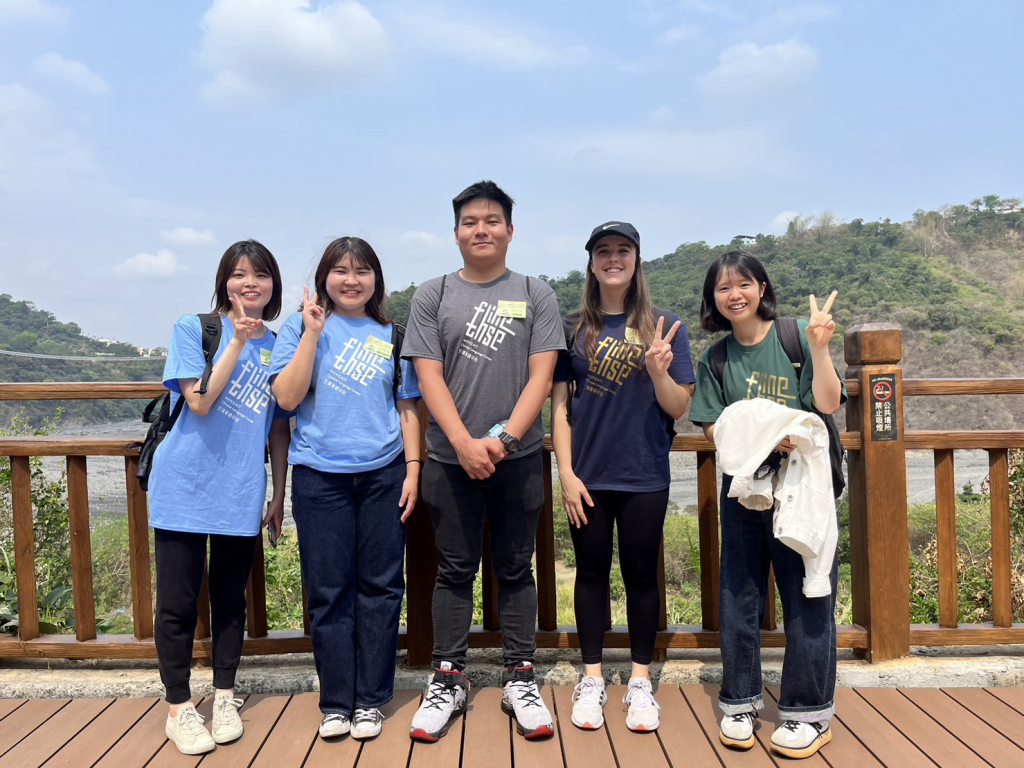
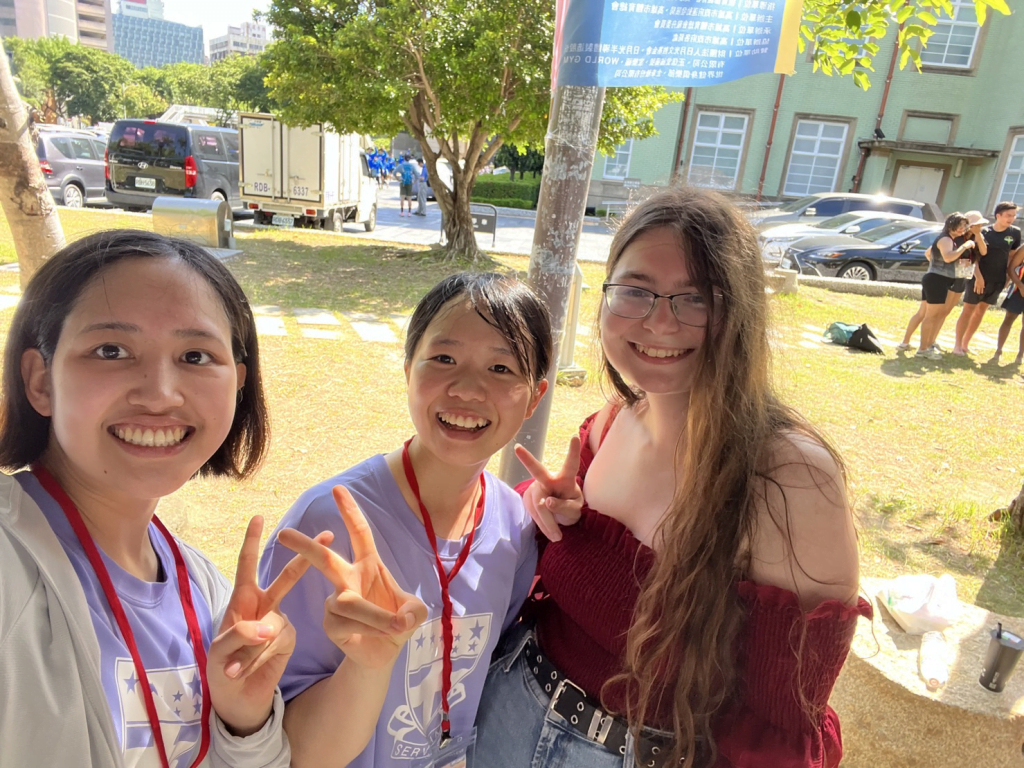
When I encountered a problem in terms of study or language, I overcame it by exercising at the on-campus gym, having dinner with friends, or doing volunteer work. Although there were a few hard times, I still enjoyed my life in Taiwan every day, and now that I have returned to Japan, I miss the days I spent in Taiwan very much. I have many memories of Taiwan, such as the kindness of the people, the delicious food, and the natural environment.
Taking advantage of being a local university student, we also visited several National Museums freely. It is such a privileged to visit National Museums multiple times during a week. Sometimes, the school administration even distributes limited free tickets for sports events, exhibitions, and performances to students.
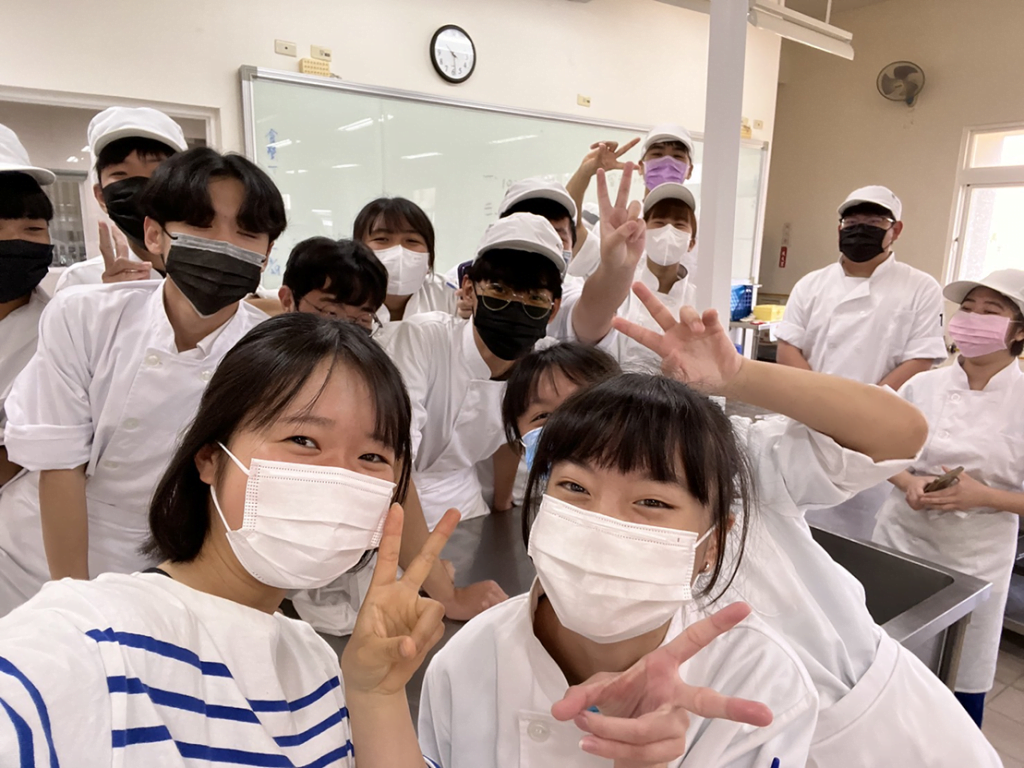
In the last week of my study abroad, I participated in the Dragon Boat Festival, a traditional Taiwanese festival, with about 30 other international students. At first, we were not able to show our strength because we could not coordinate our calls, but gradually we were able to coordinate our calls and everyone’s feelings came together, and we ended up getting the second place in our category. It was difficult to have smooth conversations and practice because of our different languages, but we were able to make it work thanks to the united efforts of the local support staff, teachers, and everyone’s determination to do their best. I was able to have such an experience at the end of the program, and I felt the joy and happiness of working with people from other countries when things went well.
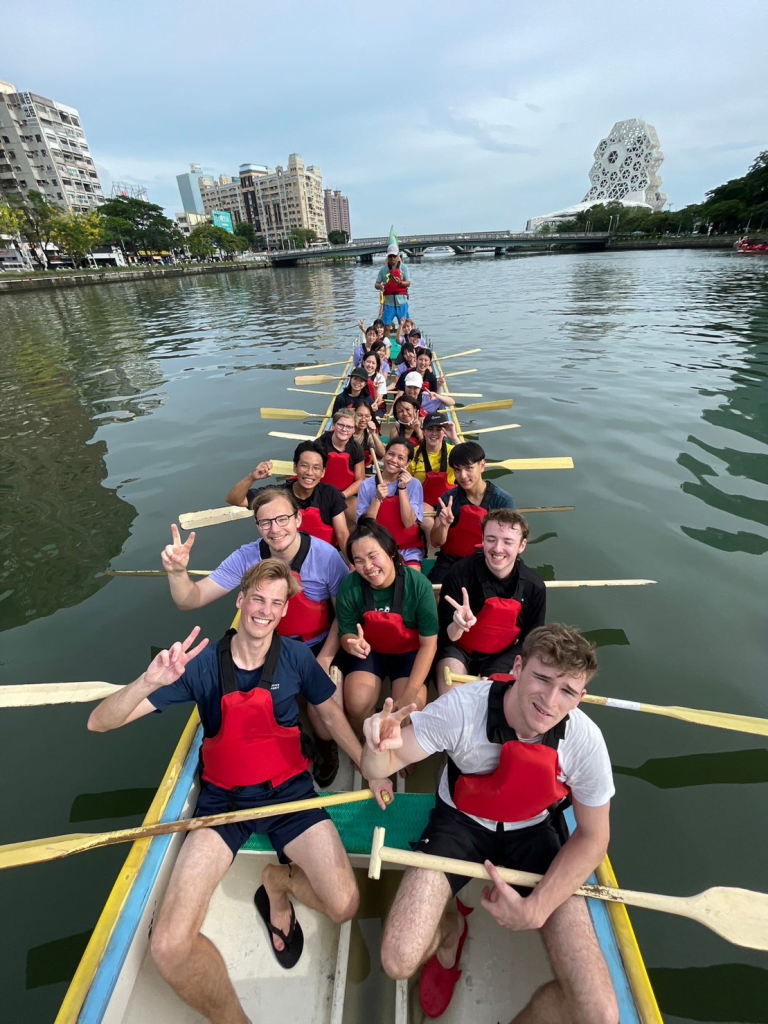
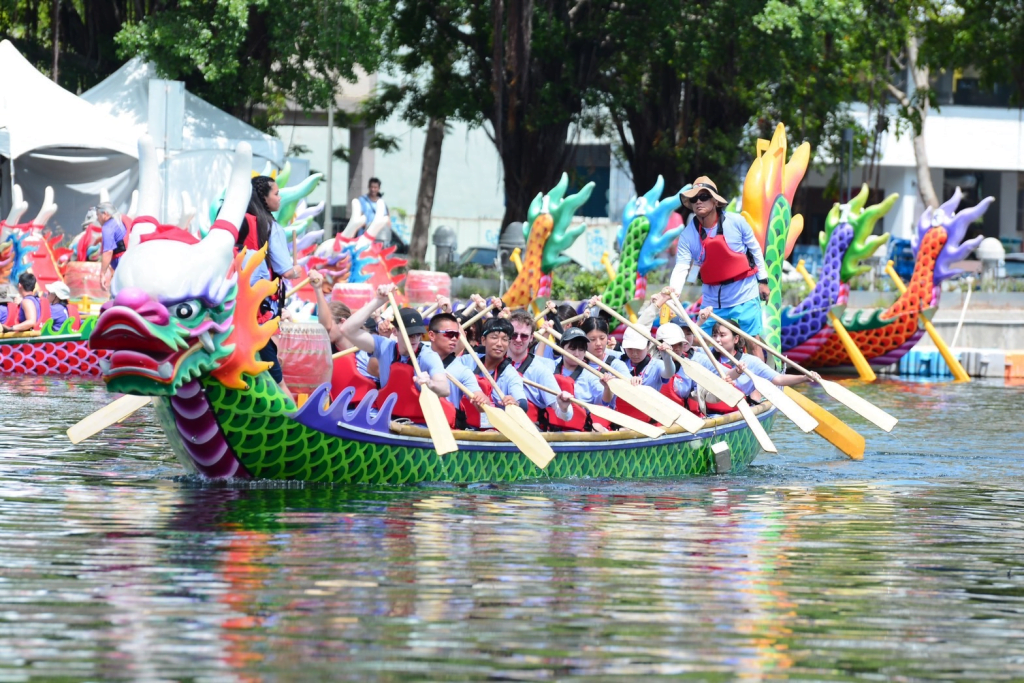
In retrospect, I gained two things from this trip: language skills and life experience. My language skills were greatly improved by the daily Chinese classes and conversations with my friends. I also took English classes, so I think my English level also improved a little. Furthermore, studying abroad allowed me to meet various people from different countries and broaden my horizons. For example, I met people from various backgrounds, such as a high school girl from Indonesia who came to Taiwan to get a job and a person who quit her job to come to Taiwan to study Chinese. The greatest benefit was that I was able to meet many things that I would never have known or realized if I had not gone to study abroad and had been living the same life in Japan for a long time.
And because of these, I am grateful to the International Center at my university in Japan and in Taiwan where I studied abroad for their kindness and support. I thank my home university for giving me a scholarship and for facilitating communication with my host university. My deepest gratitude also goes to my host university in Taiwan for taking such good care of me and for frequently holding events for international students which allowed me to make many international connections.
I have not yet found a clear dream or job for the future, but I would like to be active in a job where I can use the language and communication skills that I gained from this study abroad experience. I think it was a really good experience for me to learn about Taiwan’s history and the economy of Southeast Asia, which I would not have known if I had stayed in Japan. Studying abroad was a series of new discoveries that offered me the chance to further broaden my knowledge and experience. Indeed, it is an experience of a lifetime.
